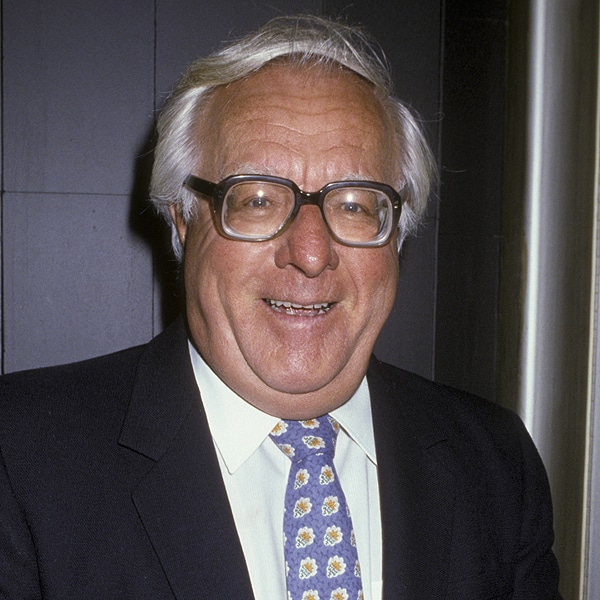 Ron Galella, Ltd./Getty Images
Ron Galella, Ltd./Getty ImagesRay Bradbury was science fiction before science fiction was cool.
The legendary author of Fahrenheit 451, The Martian Chronicles and many more classics passed away Tuesday night, various sources were reporting. He was 91.
His career spanned and, in fact, helped guide the rise of geek culture: His earliest stories were published in the 1930s, the most recent ones just a few years ago.
His tales were the basis for The Beast From 20,000 Fathoms and It Came From Outer Space, two 1950s films that became templates for Hollywood alien invasions to come. His stories were translated to the screen by everyone from French auteur François Truffaut (Fahrenneit 451) to Hollywood heartthrob Rock Hudson (The Martian Chronicles). His influence was everywhere.
Bradbury once recounted a meeting with Steven Spielberg upon the release of the filmmaker's sci-fi opus Close Encounters of the Third Kind.
"He said, 'How did you like your picture?' 'Mine?' I asked," Bradbury said. "'You're all through it,' he replied."
In the beginning, Bradbury was a lot like the artists and filmmakers he would one day inspire: He was a kid who really, really liked dinosaurs and comic books.
As Bradbury told the Associated Press in 1982, "It's always knowing the things of importance."
Born Aug. 20, 1920, in Illinois, the adolescent Bradbury relocated with his family to Los Angeles. The car-crazy metropolis became Bradbury's beloved home, although the car-crazy part never rubbed off on the writer—he famously refused to get behind the wheel and decried the automobile as a menace to society.
For as many movies and TV shows as were based on Bradbury's writings, he was once known as one of the film industry's least-lucky and least-produced authors.
"I think Hollywood producers have had a resistance to fantasy," he told the AP in 1966.
After the release of Truffaut's Fahrenheit 451, the tale of idea suppression and book burning, things picked up: Screen versions of The Illustrated Man, Something Wicked This Way Comes, "I Sing the Body Electric," the Martian Chronicles miniseries and more followed.
Bradbury's most notable credit as screenwriter was the 1956 version of Moby Dick.
In a latter-day interview with The A.V. Club, Bradbury rejected the idea that he was a science-fiction writer.
"I've only written one book that's science fiction, and that's Fahrenheit 451. All the others are fantasy," Bradbury said. "Fantasies are things that can't happen, and science fiction is about things that can happen."
Like the rise of the geeks.
(Originally published at 8:49 a.m. PT on June 6, 2012.)